No, one in five British Muslims doesn't support Isis
A poll in The Sun newspaper has been badly interpreted

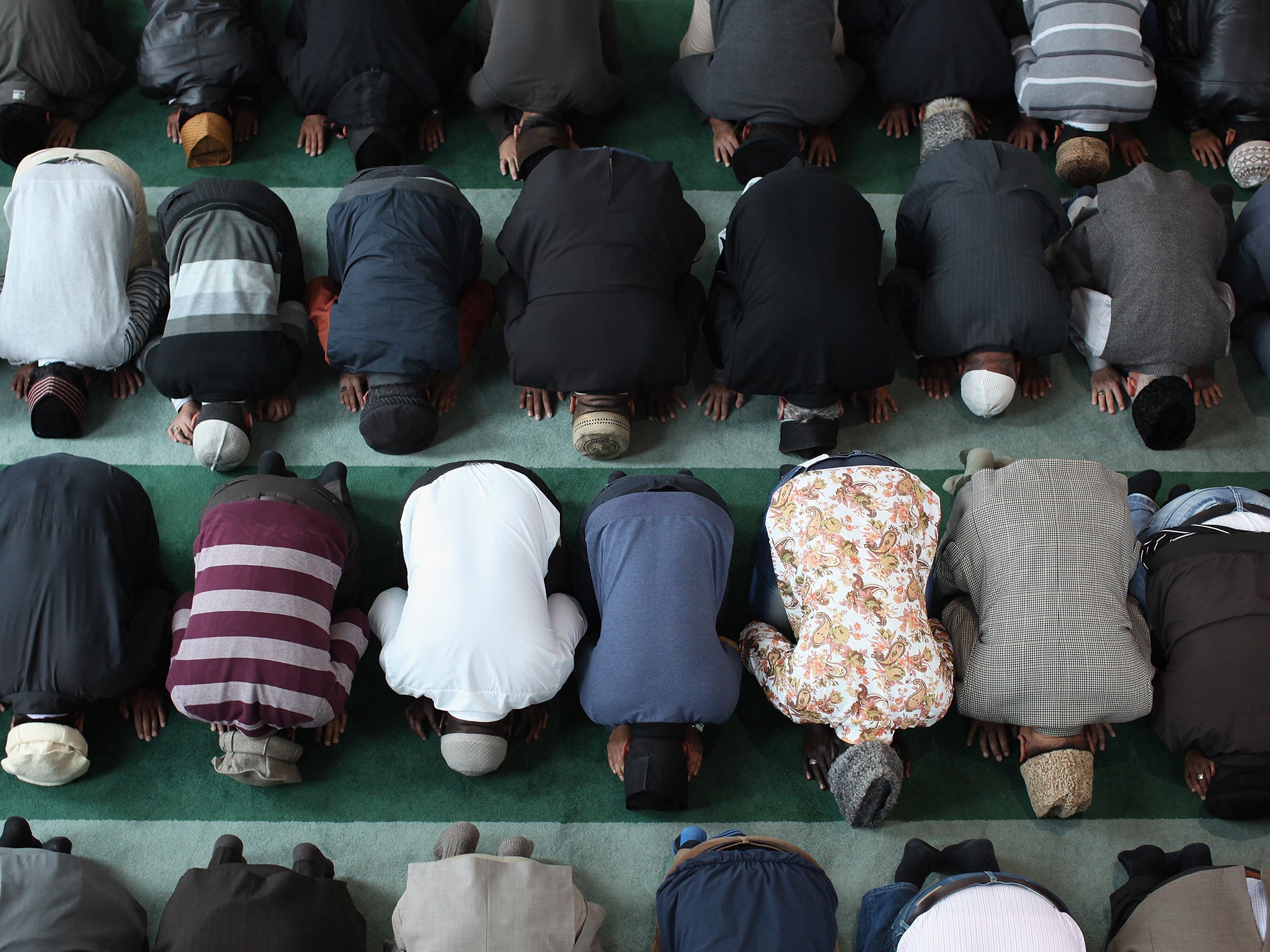
Your support helps us to tell the story
From reproductive rights to climate change to Big Tech, The Independent is on the ground when the story is developing. Whether it's investigating the financials of Elon Musk's pro-Trump PAC or producing our latest documentary, 'The A Word', which shines a light on the American women fighting for reproductive rights, we know how important it is to parse out the facts from the messaging.
At such a critical moment in US history, we need reporters on the ground. Your donation allows us to keep sending journalists to speak to both sides of the story.
The Independent is trusted by Americans across the entire political spectrum. And unlike many other quality news outlets, we choose not to lock Americans out of our reporting and analysis with paywalls. We believe quality journalism should be available to everyone, paid for by those who can afford it.
Your support makes all the difference.The Sun newspaper’s Monday front page leads with the claim that one in five British Muslims have some sympathy with people travelling abroad to fight on the side of jihadis in Syria.
There are some very big problems with this story and the way it has interpreted a poll.
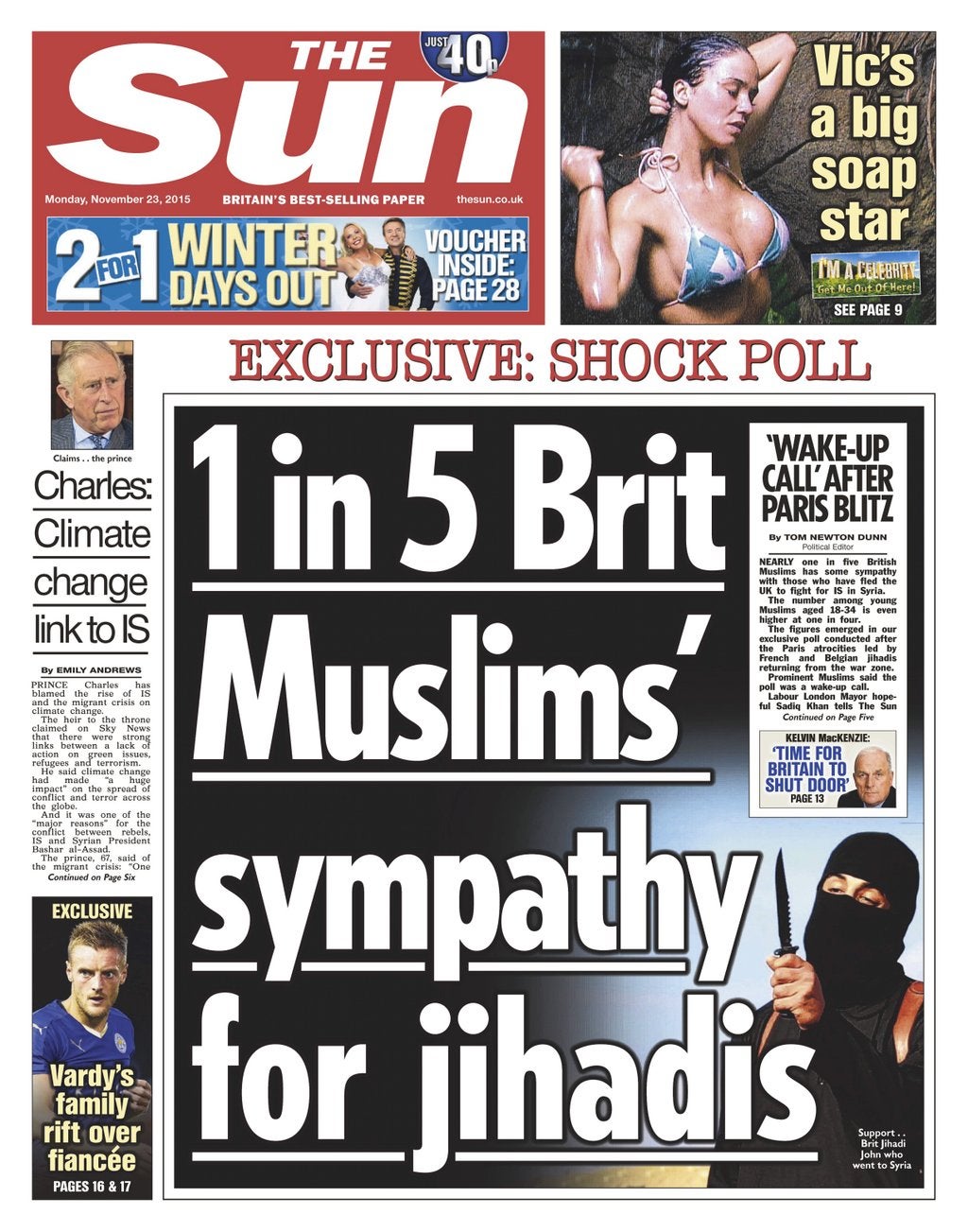
The poll question the story is based on does not even mention jihadis
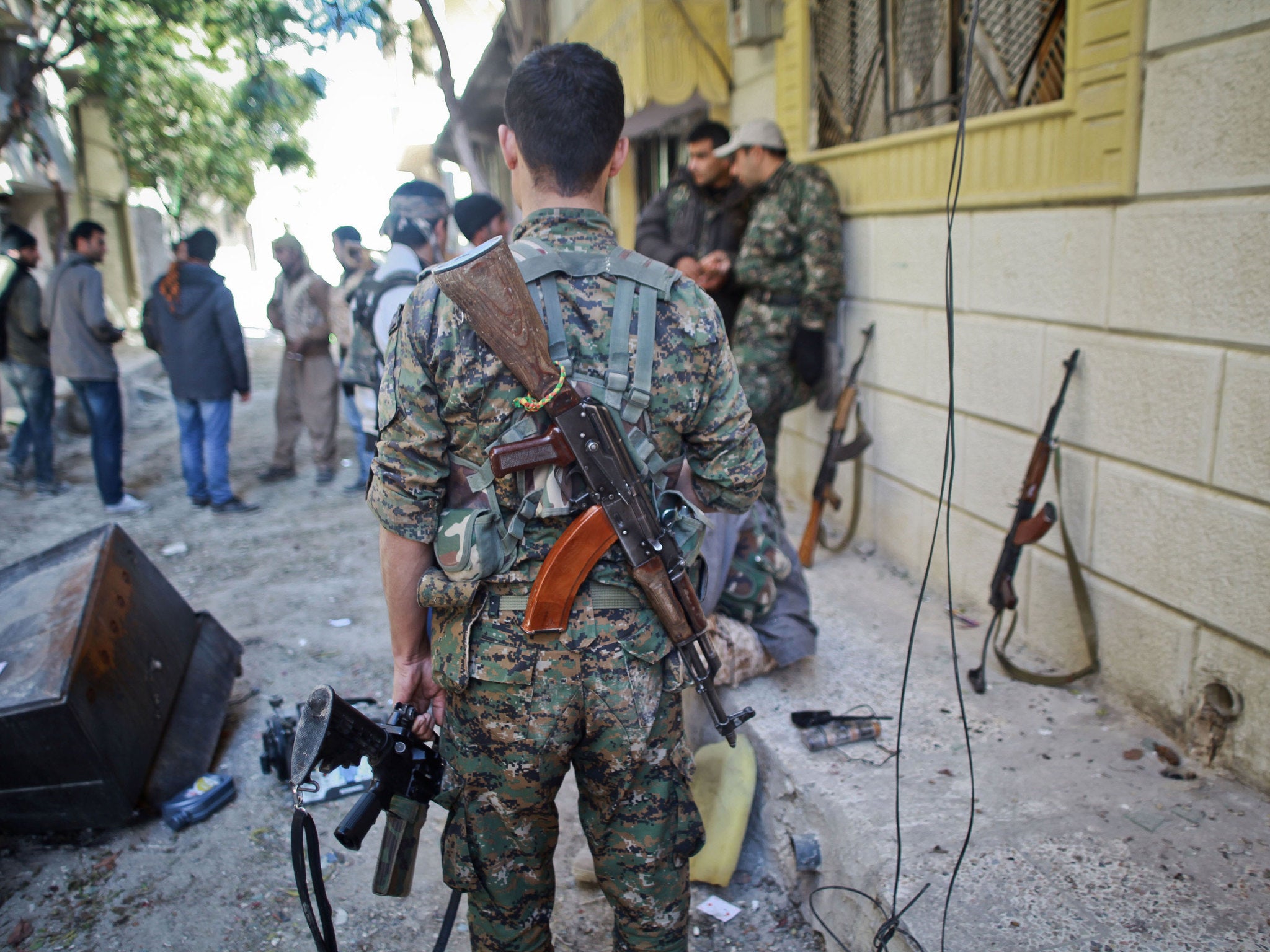
The newspaper’s headline claims that one in five British Muslims have some sympathy for Jihadis. This assertion is based on a polling question whether respondents have “sympathy with young Muslims who leave to UK to join fighters in Syria”.
Respondents were allowed to say whether they had “a lot” “some” or “no” sympathy with such people travelling to Syria.
The problem with the Sun’s interpretation of this poll is that people travelling to Syria are not necessarily going to fight on the side of jihadis.
There have been high-profile examples of British people going to fight on the side of, for instance, the Kurds, who are fighting against Isis.
Much of the media coverage of these people has been quite positive and such fighters were labelled “heroes” in the national press after a Channel 4 documentary aired about them in September.
The open wording of the question means that any number could have this group of people going to fight Isis in mind.
The poll’s methodology means it will give a big number
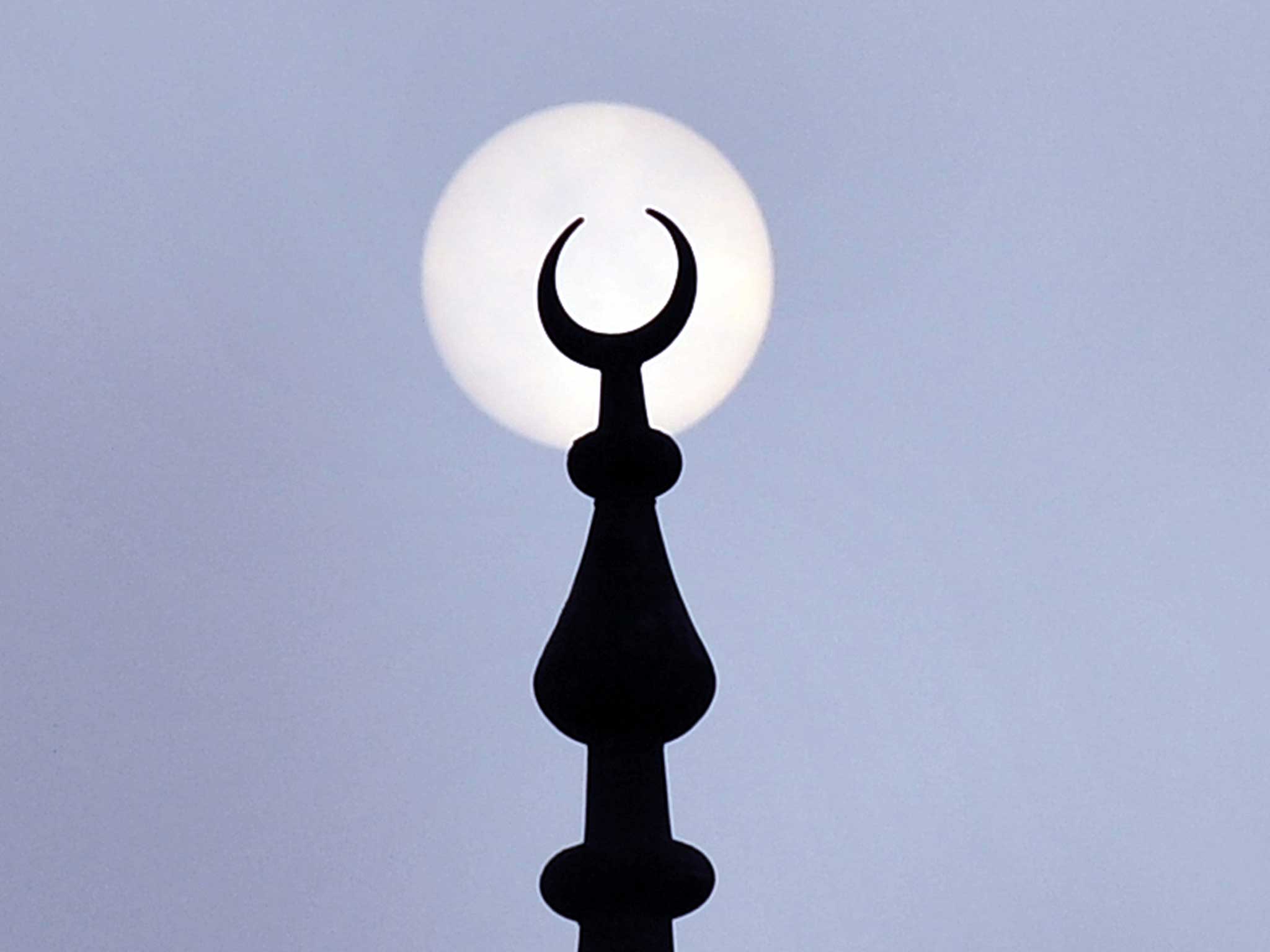
There are two things about the way the poll is structured that are likely to inflate the percentage rate saying they have sympathy.
The first and most important is the wording of the question. “Sympathy” is a very broad term and does not necessarily imply full-blooded support. People who say they have sympathy with something might be saying they understand why someone has come to do something, even if they think it is wrong. They may even simply be saying that feel bad for a person in that situation.
Secondly, the fact that respondents were allowed to say they had “a lot” or “some” sympathy rather than a forced choice between “some” or “none” is significant. Methodologically, the moderate choice in a poll is disproportionately likely to be picked; this inflates the number of people with sympathy.
There are also questions about whether it is possible to accurately poll British Muslims, who make up about five per cent of the UK population, with a telephone poll with a 1,000 person sample size.
The number is no different to non-Muslims
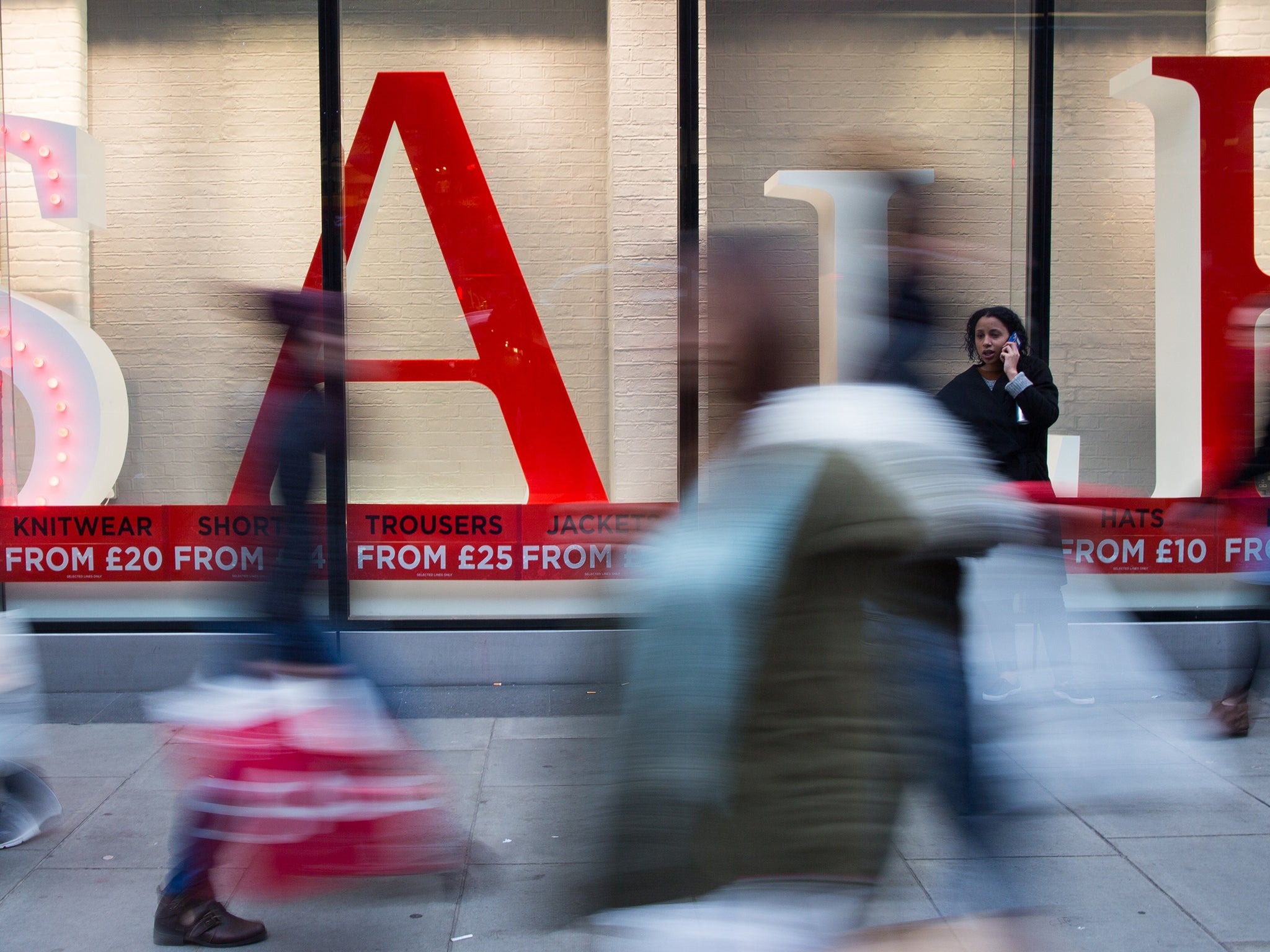
The biggest problem with the poll is that if you ask non-Muslims the same questions, they actually provide very similar responses.
The same poll question, asked for Sky News in March to all GB residents – found that 14 per cent of the general population had some “sympathy” for young Muslims leaving to fight in Syria.
This is about the same, taking into account sample variation, as the figure for just Muslims when the poll was asked. It also predates a lot of the coverage of people going to Syria to fight with the Kurds.
Maria Sobolewska, a Manchester University academic, has studied similar polls on attitudes to extremism.
Across all comparisons she found similar levels of support in Muslim communities and the general population and concluded last year that it was possible to “say with certainty that public opinion polls have no value for estimating the number of prospective and likely extremists and terrorists”.
What are the consequences of this?
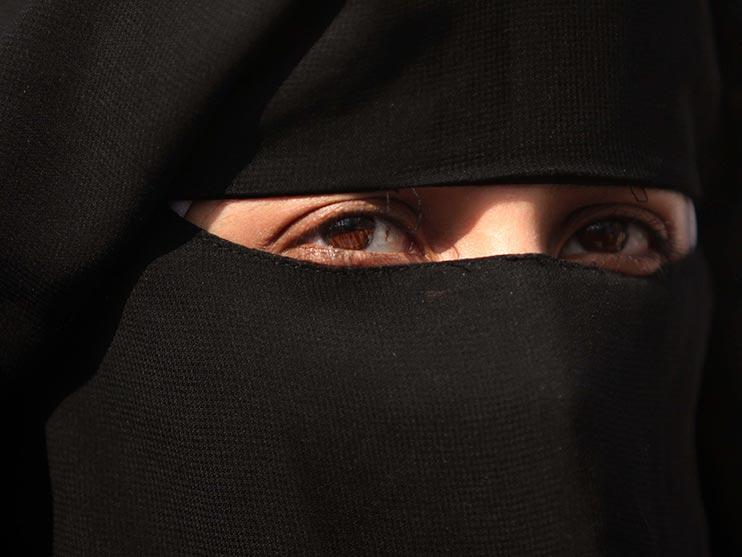
Coincidentally, the Independent today published figures showing that in one week since the Paris attacks, hate crimes against Muslims have increased by 300 per cent in the UK.
Most of the 115 victims in the past week follow 13 November have been Muslim girls and women aged from 14 and 45 wearing traditional Islamic dress.
Coverage like The Sun’s front page gives the impression that at least a part of the Muslim community support atrocities.
People carrying out such hate crimes presumably think, for some reason, ordinary Muslims have some sympathy with the Paris attacks.
It’s hard to see how statistically questionable coverage of the issue helps reduce such crimes.
Maria Sobolewska also points out that counter-terrorism policy and extremism strategy may rely on misreported polls like the one discussed today. She says this is “truly scary”.